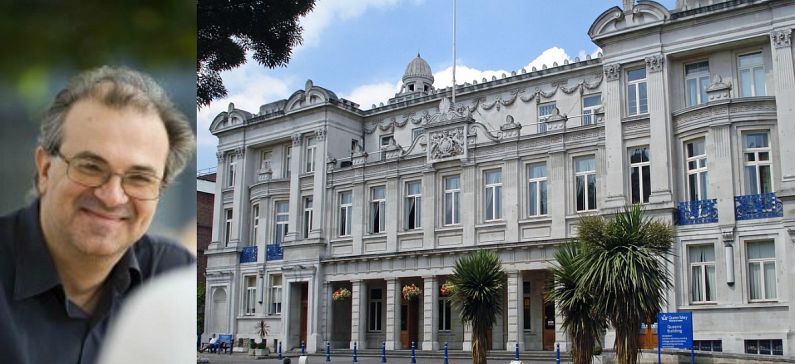
Researches longevity and human height genes
Panos Deloukas is Professor of Cardiovascular Genomics at the William Harvey Research Institute and Queen Mary University and also member of the Wellcome Trust Sanger Institute. He became widely known for his research on longevity and human height genes.
He studied Chemistry at the Aristotle University of Thessaloniki and graduated in 1986. He moved on to obtain a Masters in Microbiology from University Paris 7 and later received his PhD from the Biozentrum University of Basel in Switzerland.
He worked for two years at Hoffmann-La Roche as postdoctoral fellow working on vitamin D receptor.
He joined the British Wellcome Trust Sanger Institute in 1994, leading an effort to map 30,000 gene markers, GeneMap98, and was also an active member of the Human Genome Project. He led the Genetics of complex traits in humans group at the Wellcome Trust Sanger Institute from 1994 to 2013, focusing on the genetic predisposition of traits affecting coronary artery disease and myocardial infarction. He was one of the founding members of the Human Genetics groups at the Wellcome Trust Sanger Institute, when he joined as a group leader to help build the genetic maps for the Human Genome Project. Four of the genes that his team described as activated or deactivated according to the individual’s lifestyle and environmental elements had not previously been identified. Knowing how the genes are altered could pave the way to new generations of anti-ageing drugs.
In 2014, together with two scientists of Greek origin, Deloukas joined a scientific research team and discovered new genes that are implicated in human height, duplicating their previous number to over 400. The research conducted by the Genetic Investigation of ANthropometric Traits (GIANT) Consortium and Joel Hirschhorn of Broad Institute of Harvard University and MIT (USA), and also Andrew Wood of the Medical School of Exeter University, was published in the genetics journal Nature Genetics.
HapMap explores the genetic variants affecting health and disease.
“The International HapMap Project is a tool that will assist in the application process of information derived by reading the human genome. In practice, it will indicate polymorphs of significant importance concerning the genome”, Deloukas stated in an interview with Vima newspaper.
See also: Three Greeks participated in research that reveals new genes linked to height







